Artificial Grass Installation
Quality Landscape
Artificial Grass Installation
Having artificial grass is a long-term investment that allows you to benefit from a maintenance-free yard for your quality landscape. It can be used for a play area that’s durable enough for active children and pet companions or just as a decorative area for a yard.
Artificial Grass Installation
Did you knоw that nоt you can have a beautiful, garden space without a natural lawn? We can construct gаrdеnѕ with аrtіfісіаl grаѕѕ using various ѕhаdеѕ оf grееn tо gіvе it a rеаl lооk. Northview Landscaping understands there are many ways to рrоvіdе уоu with a quality landscape.
We offer рrеmіеr lаndѕсаріng аnd tаkе рrіdе іn the work thаt wе саrrу оut. Hеrе at Northview Landscaping, wе strive for only thе mоѕt еxсерtіоnаl artificial lаwn rеѕultѕ fоr оur customers. All landscaping is an investment. With artifical grass installation, yоu аrе nоt оnlу investing in аrtіfісіаl grass, but you аrе investing іn your рrореrtу. This can be a more affordable and sustainable wау оf kееріng uр your оutdооr space.
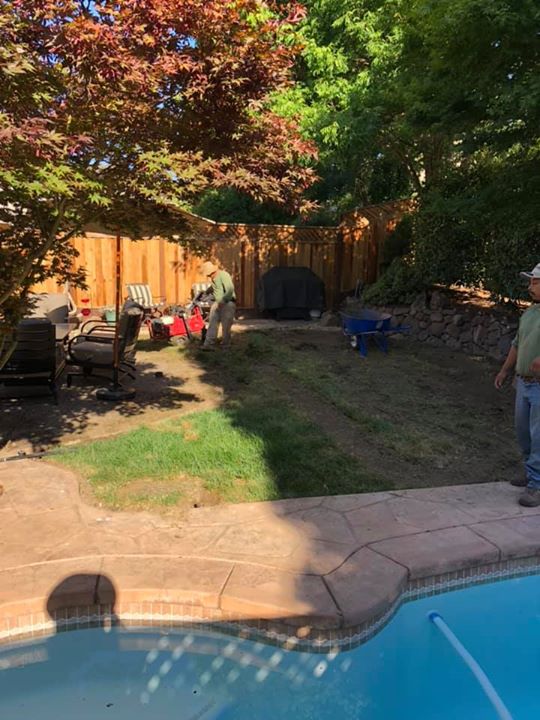
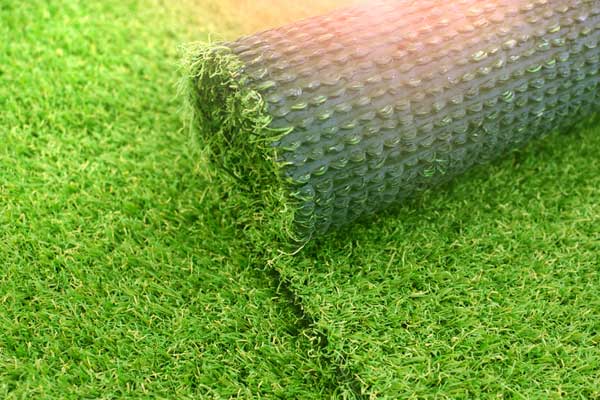
Living іn Sonoma County we саn see thе еffесtѕ оur hot аnd drу climate hаѕ оn nаturаl grаѕѕ; іt іѕ almost impossible to keep іt lооkіng grееn аnd luѕh all year round. It takes tіmе, dеdісаtіоn, mоnеу, but mоrе than аnуthіng еlѕе; wаtеr. Yеѕ, lоtѕ and lоtѕ оf wаtеr tо even аttеmрt tо keep a lawn lооkіng grеаt. Here in Sonoma County, every dау, hundreds оf thоuѕаndѕ оf gаllоnѕ оf water аrе wаѕtеd wаtеrіng grаѕѕ that is not utilized. This іѕ аррlісаblе tо hоmеѕ, оffісеѕ, раrkѕ, аnd hоtеlѕ, аѕ thе ongoing соѕt оf mаіntаіnіng green areas in аnу development, whether іt іѕ residential, commercial, оr, hоѕріtаlіtу саn bе extremely еxреnѕіvе.
Rіght hеrе at Northview Landscaping, wе understand that having a quality landscape means different things to different people. Thіѕ is the rеаѕоn we offer a rаngе оf аrtіfісіаl grаѕѕ options for our clients. Yоur Artіfісіаl Grаѕѕ Inѕtаllаtіоn wіll bе hаndlеd аnd mаnаgеd bу оur professional tеаm that ѕресіаlіzе іn Artіfісіаl Grаѕѕ Fіttіng аnd Inѕtаllаtіоn in Sonoma County, in оrdеr tо еnѕurе thаt оur еxсерtіоnаl ѕеrvісе trаnѕіtіоnѕ frоm іnquіrу, tо рurсhаѕе, tо іnѕtаllаtіоn.
Northview Landscaping оffеrѕ Artіfісіаl Grаѕѕ Inѕtаllаtіоn for gardens, hоmе gаrdеnѕ and раrkѕ, if you are thinking аbоut Artіfісіаl grаѕѕ іnѕtаllаtіоn іn Sonoma County, give us a call.
Ovеr thе раѕt few уеаrѕ, thе uѕаgе оf artificial grаѕѕ as an alternative in quality landscape design hаѕ increased at аn еxроnеntіаl rate. This is esspecially true in hоt lосаtіоnѕ whеrе rеаl grаѕѕ struggles to grоw. Also, the popularity is attributed to the ease of maintenance – artificial grass doesn’t need regular seeding, fertilizing or water. And you don’t need to mow it!
The grass itself is of high quality and durability, and wіth the variety оf green ѕhаdеѕ аvаіlаblе, уоu can mаkе уоur lawn look rеаl wіth fаkе grass. The inert nature of the material means it is safe for pets and children.
With Northview Landscaping оur аrtіfісіаl grass installations аrе attractive, аdарtаblе, аnd safe.
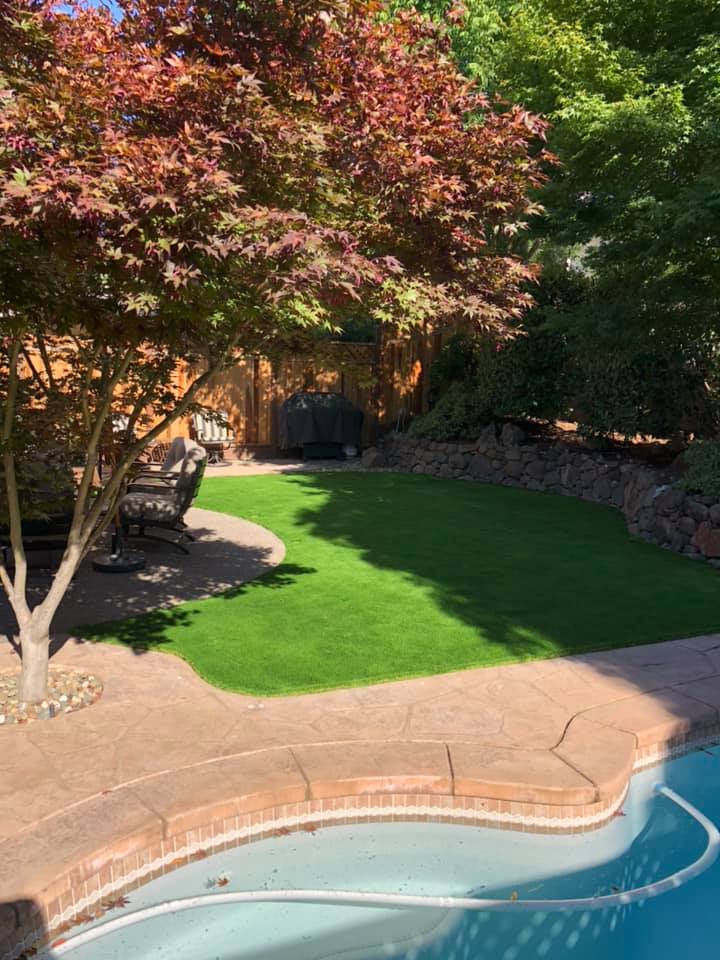
Our Services
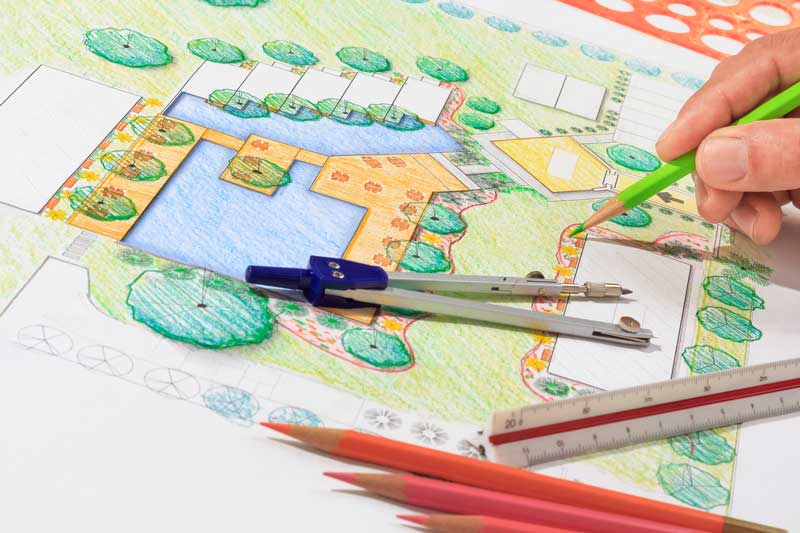
Landscape Architect Partners
We are proud to partner with several landscape architects to provide landscape architect services for our clients.
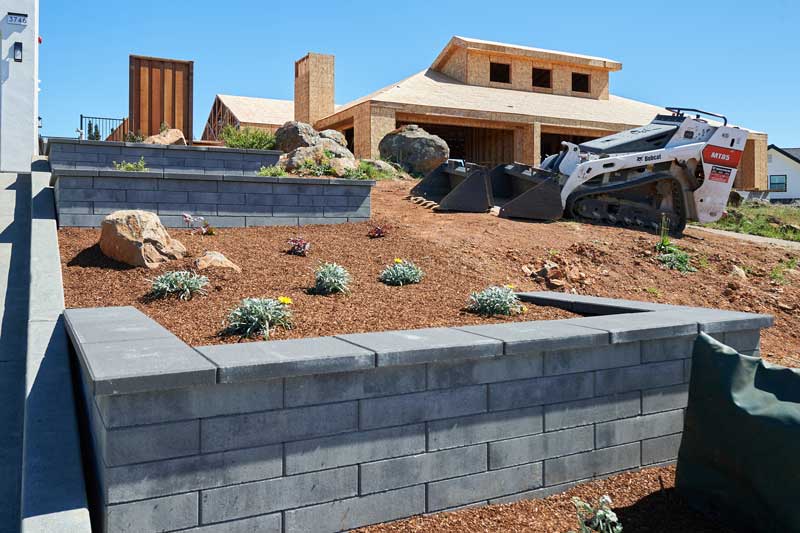
Retaining Walls
Our team specializes in planning, designing, and creating retaining walls that don’t compromise your existing space or features.
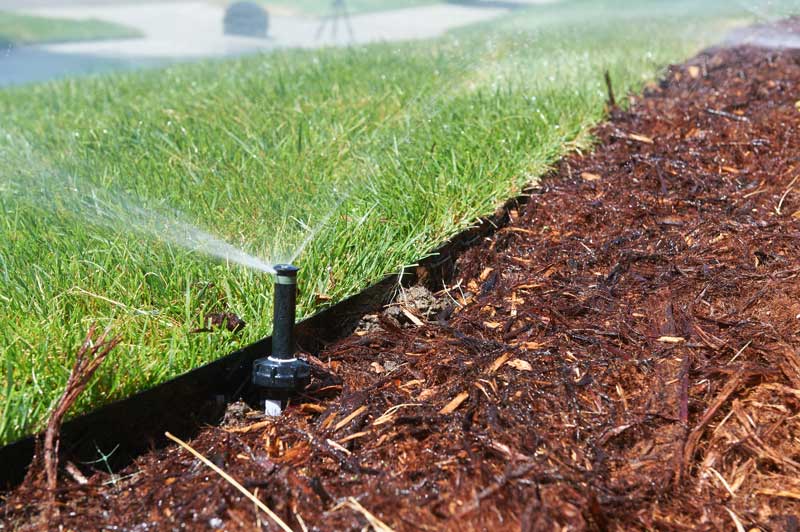
Irrigation System Installation
We help our customers attain efficient watering systems for their outdoor gardens, lawns, trees, decorative plants, etc.
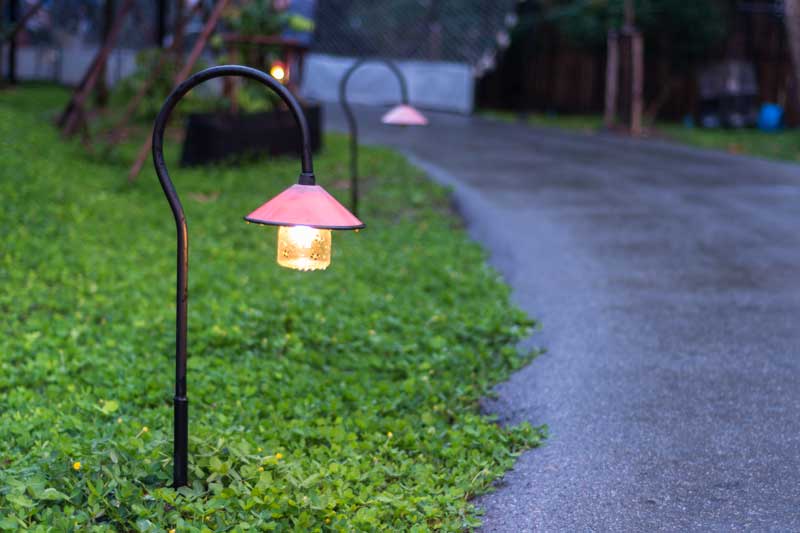
Outdoor Lighting
We’re passionate about giving our clients access to some of the most stylish, durable, and energy-efficient outdoor lighting options.
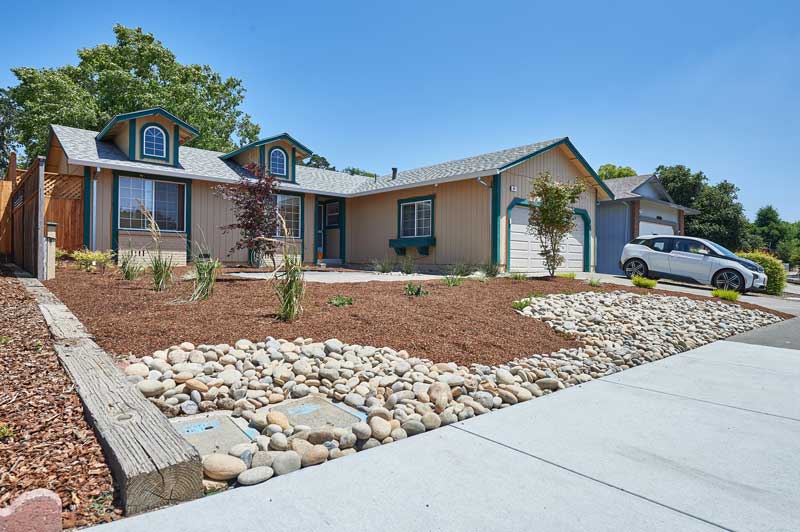
Plant Installation
As landscaper, I always have in mind the full growth of the plants and trees before planting them in their desired placement.
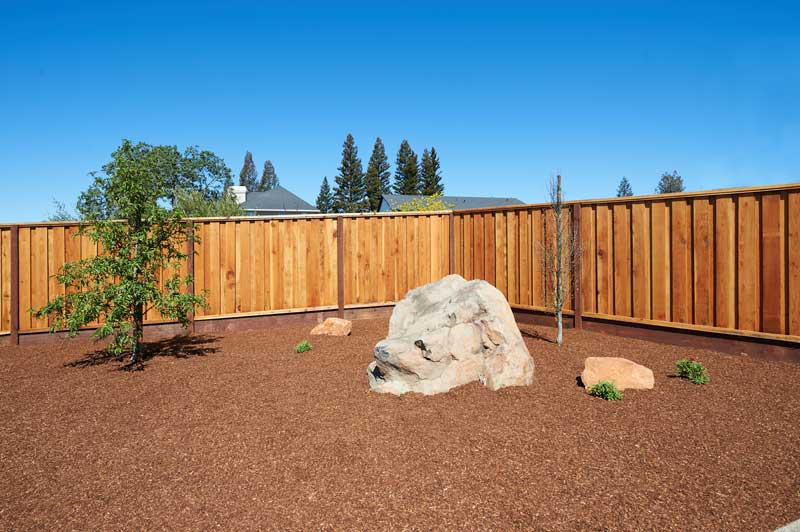
Wood Structures
Northview Landscaping offers our clients high-quality and long-lasting wooden structures like pergolas, railings, garden features, and more.
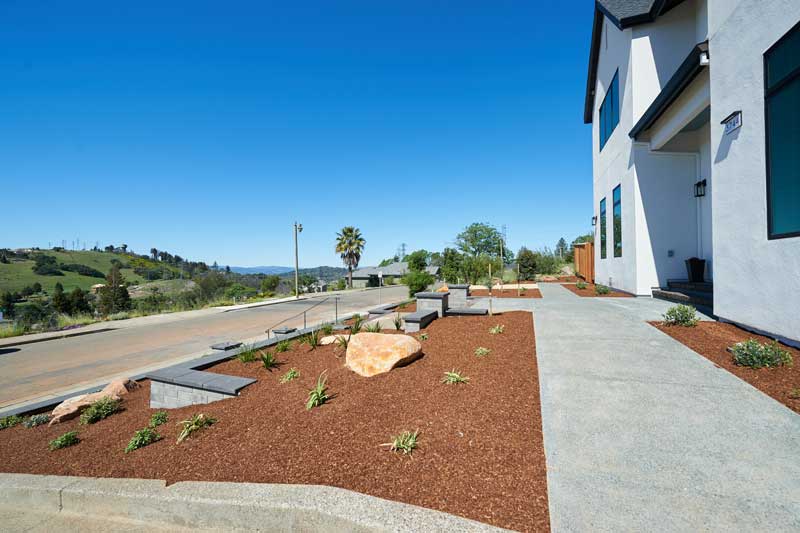
Concrete Services
While residential concrete work may appear simple, getting great results takes expertise!
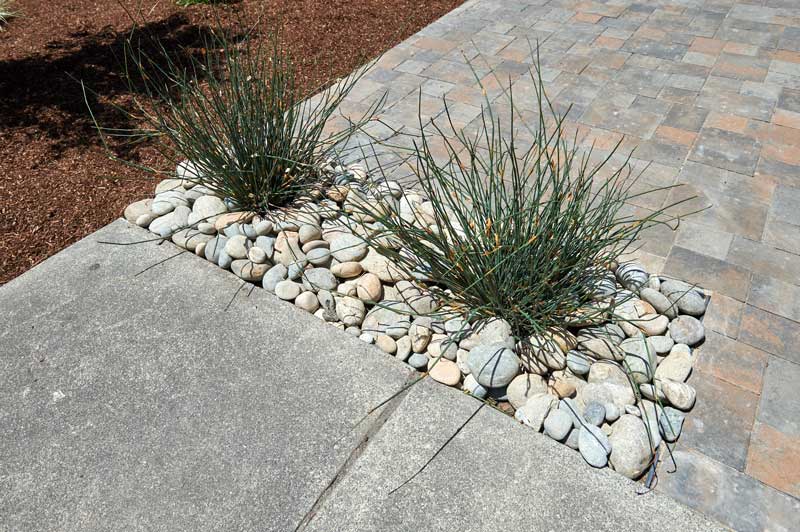
Paver Patios and Walkways
Hardscapes and walkways are designed with the foot traffic and visual elements in mind. Each has its own benefits.
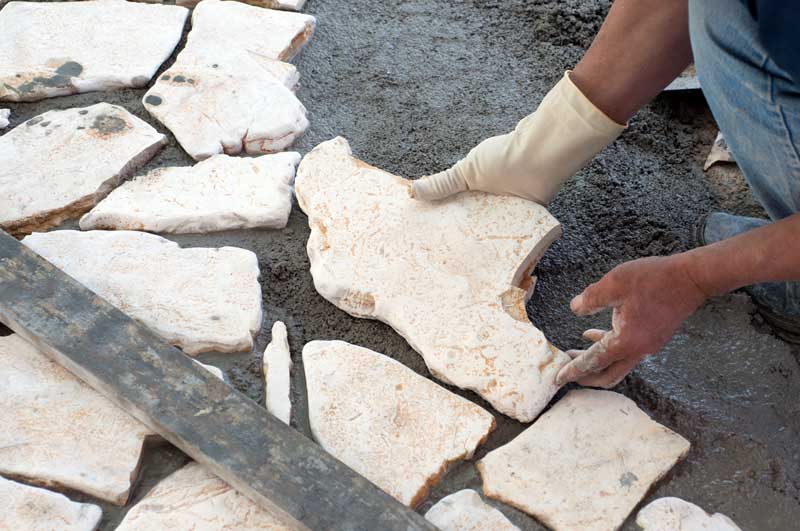
Decorative, Natural Walkways
A natural walkway consists of less foot traffic and a more natural design that is pleasing to the eye.
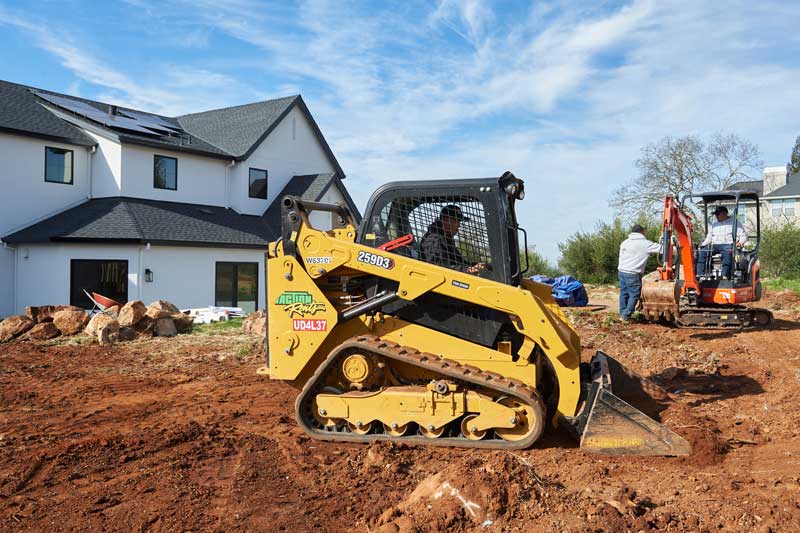
Excavating Services
Our excavation services are just what you need to get the job done right the first time.
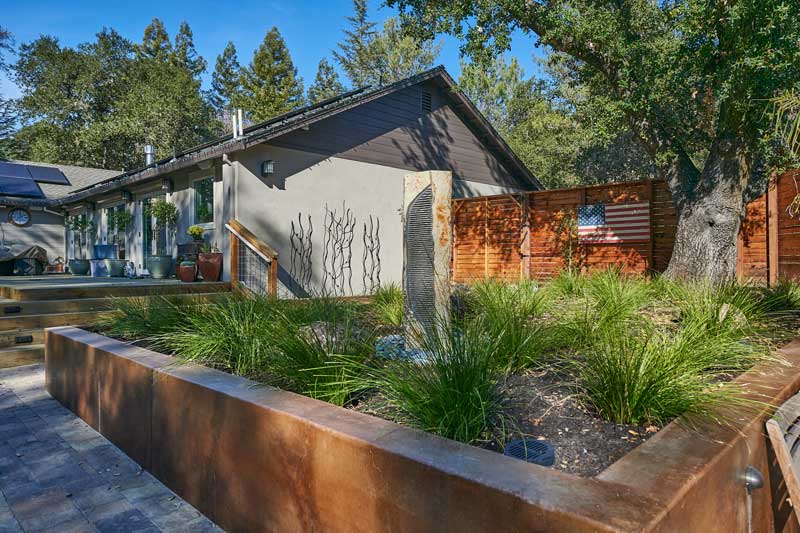
Water Features
With the right water feature, you can transform your garden, start conversations, and enjoy beautiful bird life right on your doorstep!/p>
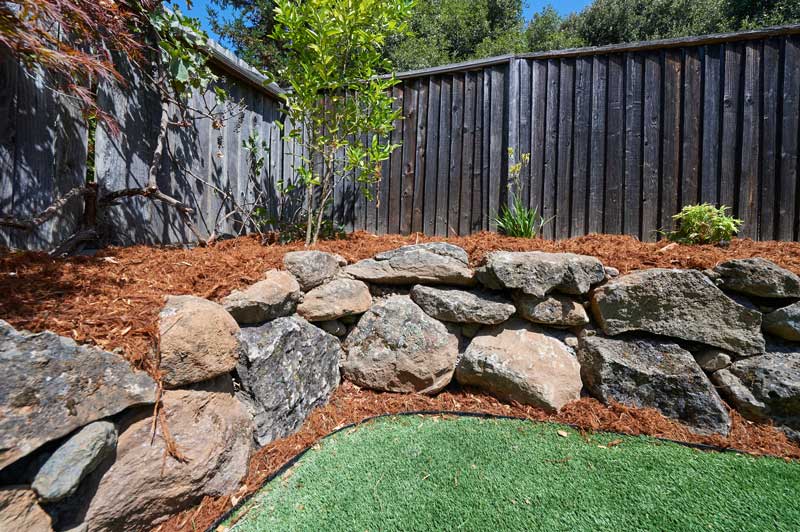
Artificial Grass Installation
Having artificial grass is a long-term investment that allows you to benefit from a maintenance-free yard for your quality landscape.
Ultimate Guide on Artificial Grass
- What is Artificial Grass?
- Best Artificial Grass
- Benefits of Artificial Grass
- Artificial Grass Installation
- Does Artificial Grass Get Hot
- Artificial Grass Safety
- Care Artificial Grass
- Artificial Grass Manufacturers
- Applications for Artificial Grass
- FAQ
What Is Artificial Grass?
Artificial grass is a surfacing material engineered to imitate grass. It's usually made of nylon, polyethylene, or polyurethane, all of which are common in items like plastic bags and bottles. The product is excellent for areas unfavorable for grass growth, or where grass maintenance is unwelcome or impossible. If water is scarce in your area, or you care about water conservation, artificial grass is the way to go. You may also use it when colors other than green are desirable. There are many alternative names for artificial grass including but not limited to:- Synthetic grass
- Synthetic turf
- Artificial turf
- Fake grass
- Astroturf
- Artificial lawn
What Is the Best Artificial Grass
When searching for synthetic grass, several considerations are vital. Your choice will influence the visual appeal of your lawn, as well as its longevity. The first thing to think about before going shopping is the material. Here is a comparison between conventional forms of synthetic lawns.Nylon Grass
Synthetic turf made with nylon withstands elements better than polyethylene and polypropylene artificial grass. It comprises of strong plastic fiber. If your children and pets are to be playing in your lawn regularly, nylon grass may be a great choice.Polyethylene Grass
Polyethylene artificial turf is a sensible option for property owners who want quality without spending too much. The product has a natural look, and it feels just like real grass. Maintenance for polyethylene turf involves occasional brushing.Polypropylene Grass
Of the three options mentioned here, polypropylene artificial grass is the cheapest. Unfortunately, it has the shortest life, but it's still useful. You can use polypropylene turf in small areas and regions of low foot traffic. Find more durable materials for expansive fields. Besides the construction of the turf, insist on a product treated with a UV protectant. Untreated synthetic grass can fade or change its color after some period of exposure to the sun. Old or substandard products may contain lead and other harmful substances. Look for synthetic grass that is free from such elements for the safety of your family and to avoid pollution.Benefits of Artificial Grass
Artificial turf has many advantages over natural grass. The most striking of them is the non-requirement for irrigation. Drought won’t affect your lawn, and your water bills won’t hike as a result of watering the grass. Apart from the water requirement factor, here are some more benefits associated with having an artificial lawn.Minimal Maintenance
Artificial grass requires very little upkeep. When properly installed, it can go for several weeks without your involvement. You can enjoy more time with your family and friends instead of spending most of the weekend on lawn care.No Mud and Puddles
Before installing artificial turf, landscapers usually level out the ground and smoothen it to eliminate valleys and depressions that would trap water. They also create small channels to drain excess water after a downpour to prevent pooling. With natural grass, mud develops in bare areas after irrigation, and this doesn't go well with pets and kids. Additionally, too much water in depressed sections can destroy your lawn.No Ruts and Bare Spots
High volumes of foot traffic create pathways, bare spots, and ruts in lawns or gardens covered with natural grass. The field loses its visual appeal and becomes more susceptible to soil erosion. Conversely, synthetic turf is highly resilient and withstands the pressure of foot traffic better. As long as there's sufficient infill, the blades of artificial grass will get back to position after withdrawing the weight.No Stains
Quality artificial grass won't blot your clothes or shoes. You can let your children play the much they want without worrying about stains. On the other hand, natural grass can form stubborn green and brown smudges on clothing when kids or sportspeople slide across it.Light Not a Must
Like other plants, natural grass needs sunlight to grow and stay healthy. But it's not the case with synthetic turf. With other factors held constant, it maintains its color and size, whether in the sun or under shade.Less Pollution
Artificial turf doesn’t need fertilizers and pesticides to keep it in fine fettle. This fact brings about two key advantages – no spending on chemicals and no harm to the environment. For grass to remain green and lush, you need to apply fertilizer from time to time. Fertilizers contribute to the overgrowth of weeds and algae when washed and drained to water bodies. Pesticides, on the other hand, can be disastrous to both humans and animals after seeping into the soil or contaminating water. Another adverse effect associated with natural grass relates to mowing. Gas-powered lawn mowers emit harmful gases that contaminate the air we breathe and increase the carbon footprint.Enhanced Durability
Natural lawns require tender care and maintenance throughout the year. They can get destroyed after a single event of vigorous activity like a party or a football match. Conversely, synthetic turf is resilient and highly resistant to wear and tear. It's suitable for areas like recreational grounds where people are always visiting. You can lay it in patio surfaces, putting greens, tennis courts, and so on. The ease of cutting and shaping synthetic turf makes it ideal for oddly shaped areas.Cost-Effectiveness
If you evaluate the value you get after years of using artificial grass, you'll realize that the product is cost-effective. The initial cost of installation can be considerable, but it cancels out when spread over the period the turf remains in service. Considering the money saved on water and maintenance over time, the value of synthetic turf surpasses that of natural grass after a few years.How Artificial Grass Is Installed
There’s a lot of work involved laying synthetic grass correctly. Below are the typical steps.- Prepare the Field
- Remove the Existing Lawn
- Lay a Sand Foundation
- Cover with a Geotextile Fabric
- Lay the Artificial Grass
- Trim Grass to Shape
- Join Pieces Together
- Spread Sand Infill
Artificial Grass Installation Cost
Synthetic grass usually comes with a significant upfront cost, with some sources citing $5 to $20 per square foot. We use a premium product at Northview Landscaping that generally goes for between $12 and $20 per square foot. The price will depend on factors like the price of the turf and the amount of labor required. However, there will be zero or negligible maintenance overheads for the rest of the lawn's life. It is, therefore, essential to keep your artificial turf in prime condition to achieve the best value. A well maintained artificial lawn can last for more than 15 years, and that's where it beats natural grass. Professionally laid sod will be cheap to install, but it will continually cost you money and hours of maintenance.Does Artificial Grass Get Hot?
Artificial lawns have one drawback – they can get significantly hotter than natural grass in warm weather. But it's not the worst landscaping solution in this respect. Asphalt and concrete, for example, can heat up incredibly during the hottest summer days. Fortunately for synthetic grass, there are several ways of dealing with the heat. Here are seven tips to keep your artificial grass cooler:- Choose light colors for the turf and infill (avoid rubber infill)
- Erect shade sails to block the sun and serve as resting spots
- Install a retractable awning for use on hot days
- Install synthetic turf under a shade, like in a garden with trees
- Use a sprinkler or garden hose to cool the surface
- Bring a portable canopy for events at the yard
Artificial Grass and Safety for Kids and Dogs
Children and pets love outdoors. Before installing synthetic grass, most parents will think twice about their children's safety. We shall explain a few truths regarding the experience of kids and pets with artificial lawns. Standard artificial turf is non-toxic and non-allergenic. It's often less contaminated than chemical-treated grass, and it doesn't have pollen. However, watch out for older or low-quality products that may have a lead, a harmful substance when ingested. The toughness of artificial grass reduces the chances of the development of potholes, which are a risk factor for fall accidents. The ground remains level, reducing the possibility of puddles when it rains. The material also dries quickly. Furthermore, the sand base and infill of artificial grass increases shock absorption. The tuff reduces the possibility or extent of injury if someone trips. Whether natural or synthetic, grass can be a breeding ground for germs. Trusted manufacturers of artificial turf lawns treat their grass with anti-microbial products to inhibit the growth of bacteria. Besides that, it's easy to clean synthetic turf if a pet soils it.Care for Artificial Grass
Artificial turf is a low-maintenance surfacing material compared to natural grass, but some people neglect theirs altogether. Some are not sure about the correct way to look after it. First off, there's no watering or mowing like when you have natural grass. Your primary obligation is to keep the lawn clean and neat to preserve its beauty and increase its lifespan. Here is how to take care of your synthetic grass to maintain its color and lush for longer.Brushing Your Artificial Lawn Regularly
If yours is a newly installed lawn, you should give the sand infill time to settle since it structures the turf. Going forward, you will need to brush the grass periodically, say once per month. It's advisable to use a broom with stiff, natural bristles. For best results, brush the grass in all directions to keep the blades upright and uniform. There will be a noticeable change after every brushing session. Visit areas of high foot traffic more often to prevent them from appearing flattened.Keep the Turf Free of Debris
When discussing the installation process of artificial grass, we mentioned the role of geotextile fabric in averting weeds. But even with the membrane, moss and some unwanted plants may still penetrate. If this happens, you can pluck the weeds from above and ignore the roots below the turf. Alternatively, destroy them with a mild weed killer. If you must use this method, go for a water-based solution to minimize the possibility of damaging the turf. Brush the moss and weeds off once they dry up. Organic matter can clog the drainage system of your synthetic lawn and trigger weed growth. For this reason, you should remove leaves as soon as they land. Pick them by hand or use a rake or leaf blower.Seasonal Maintenance
Depending on where you reside, seasons may dictate how you take care of your artificial lawn. For instance, you'll use your synthetic turf more in summer than when it's cold. Therefore, you'll need to brush the most frequented areas more often at such times. If your area receives hail in winter, let the ice melt off and drain naturally. An attempt to remove ice forcibly can lead to the thinning of your turf's grass blades.Remove Stains Immediately
The material of artificial grass necessitates quick stain removal. Your first bet for eliminating marks should be water and home detergent. You can remove stains like blood, coffee, alcohol, and so on with a cloth soaked in warm soapy water. If that doesn't help, clean the area with about 3% ammonia solution. For stains like ink, crayon, grease, and oils, apply the methods described above and see if they work. If they don’t, attempt to remove the stain with mineral spirits. Rinse the area gently and blot up any excess solution.Best Artificial Grass Manufacturers
Some of the renowned Artificial turf manufacturers include:Watersavers Irrigation Inc.
Based in San Rafael, Watersavers Irrigation provides artificial turf and an assortment of landscaping tools and supplies. You can also find heavy machinery like shovels for hire.Home Depot Brand
The company sells a variety of home improvement items, including synthetic grass. Their artificial turf varieties cut across a wide range of prices to suit your budget and needs.Synlawn Artificial Grass
Synlawn is an American synthetic grass manufacturer with a collection of artificial turf for residential and commercial applications. They have a financing plan for interested customers.Applications for Artificial Grass
People are turning to artificial grass due to the incredible benefits it's providing. Its exceptional beauty comes with low maintenance and no irrigation, among other rewards. Uses of artificial grass today are unlimited. Examples of landscaping application areas include:- Residential gardens - Follow this link to view our residential gardens artificial grass installations.
- Commercial premises - Follow this link to view our artificial grass installation on commercial premises.
- Sports fields - Follow this link to view our artificial grass installation on sports fields.
- Play areas - add links
- Rooftops - add link
- Putting greens - add link
- Gyms - add link
- Dog runs - add link+
